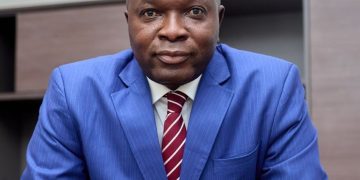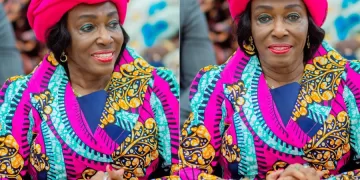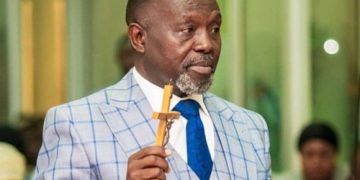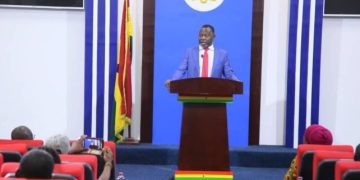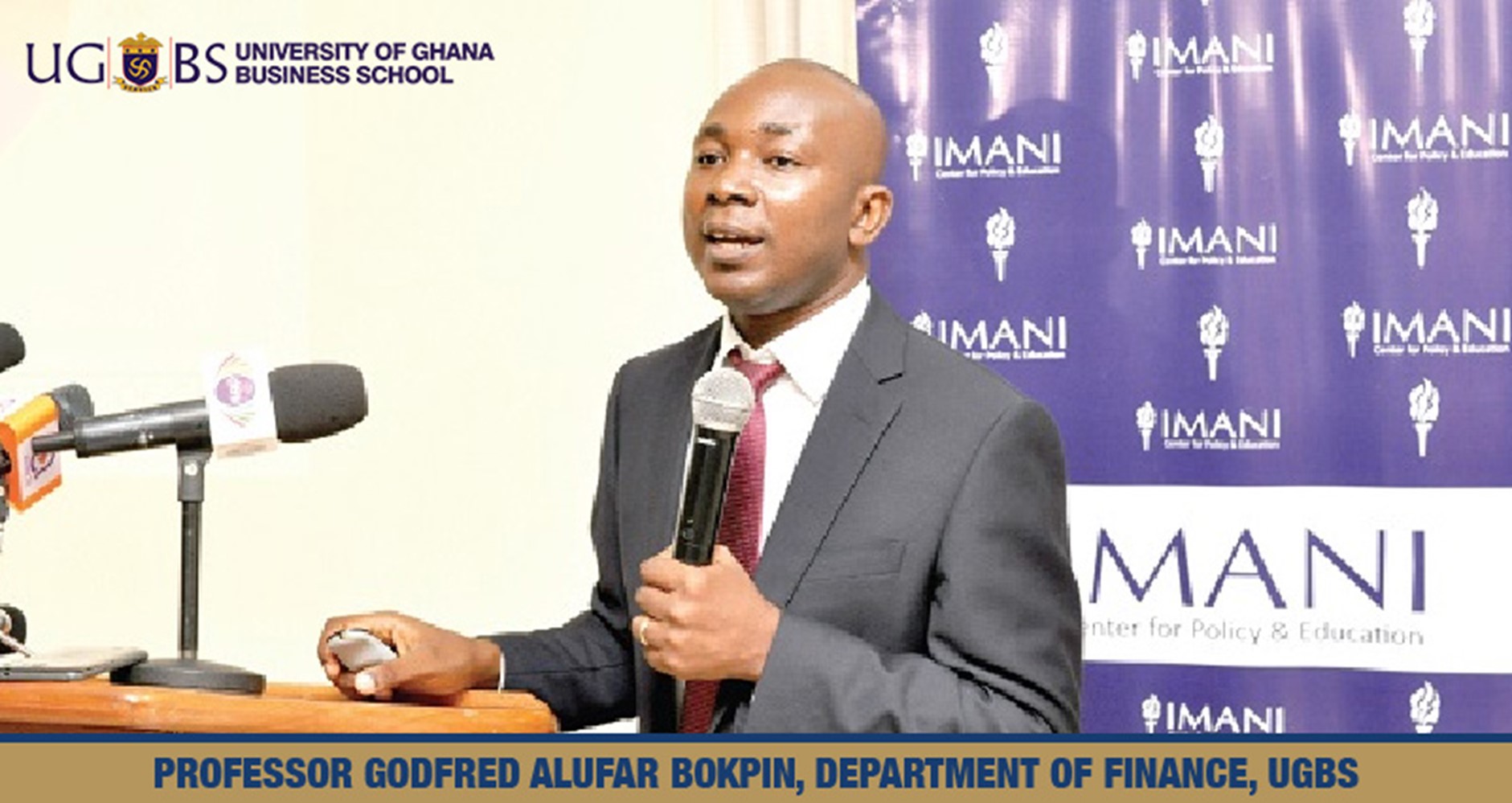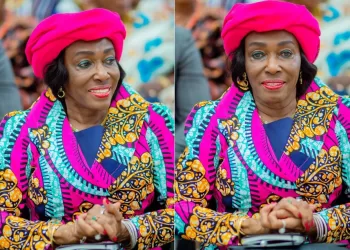Professor Godfred A. Bokpin, an Economist and Professor of Finance, says it is imperative that Ghana declares war on the economy to salvage it from continuous decline.
Therefore, all stakeholders and experts must be brought on board to discuss measures to proffer sustainable solutions to the economic challenges borne out of mismanagement and external conditions over the years, he advised.
Prof. Bokpin, speaking at the Graphic Business/Stanbic Bank Breakfast Meeting, in Accra, said issues bothering on the recurrent high inflation rate, low tax revenue mobilisation, corruption, public expenditure and balance of payments deficit ought to be tackled head on.
“A large portion of Ghanaians do not know where their next meal will come from,” he noted, refering to the nature of the economy, which, he said, had weakened the purchsing power of many Ghanaians.
He said resorting to the International Monetary Fund (IMF) to alleviate the nation’s plight was not the best of solutions since “there is no country that the Fund has transformed”.
The repercussions and the costs associated with seeking assistance from such external ventures had continually been unbearable for the masses, he emphasised.
Prof. Bokpin called for more work to be done in order to build a vibrant industrial base to stimulate private sector investment, job and wealth creation, as well as poverty alleviation.
“If you consider the top 50 businesses in Africa, you will not find Ghana in there. If you also take the top 20 rich Africans, the country is missing.
“The method we have chosen to restore debt sustainability is going to impose unnecessary hardships, and we can avoid that,” the Economist cautioned.
The World Bank, in its assessment of Ghana’s economy prior to the country applying for a loan from the IMF – the 17th time since independence in 1957 – estimated that the Gross Domestic Product (GDP) growth had slowed down to 3.2 per cent in 2022, from 5.4 per cent in 2021.
The agricultural and services sectors experienced slower growth within the same period, while high inflation and interest rates depressed private consumption and investment.
“Government demand was weakened by lack of access to capital markets and high debt service obligations,” the world’s apex financial institution noted, stressing that the 2022 fiscal deficit was well above target.
The overall fiscal deficit (on a cash basis) reached 9.9 per cent of the GDP against a target of 6.7 per cent, with inflation accelerating throughout the year.
Overall, the balance of payments recorded a deficit of five per cent of the GDP, from a surplus of 1.9 per cent in 2021.
Consequently, international reserves fell to US$5.6 billion (2.5 months of import) in December 2022 from US$9.1 billion (4.2 months of import) a year earlier.
“After remaining stable in 2021, the Cedi lost over 40 % of its value against the US dollar in 2022,” says the World Bank.
Prof. Bokpin described as unacceptable the low level of Ghana’s development given the huge resources at the disposal of the nation, and called for radical economic measures to ensure self-sustenance.
He expressed concern over the alarming rate in which the country’s nature reserves and biological resources was being depleted by illegal small-scale mining.
This, he warned, would in the future lead to devastating effects on the nation, citing the fact that Ghana’s economy largely agrarian.
It was important for government to have total control over the land area that Ghana claimed to be the bedrock of the economy, he said.
“The reason the country’s inflation is, particularly, high is also a reflection of the low investment and attention to agriculture, agribusiness and value chain.
“Ghana is living less and less sustainably,” he noted.
The Graphic Business/Stanbic Bank Breakfast Meeting was held on the theme: ‘The Current Economic Situation and You’.
It looked at the state of Ghana’s economy and how it could be improved to enhance the living conditions of the citizenry.


